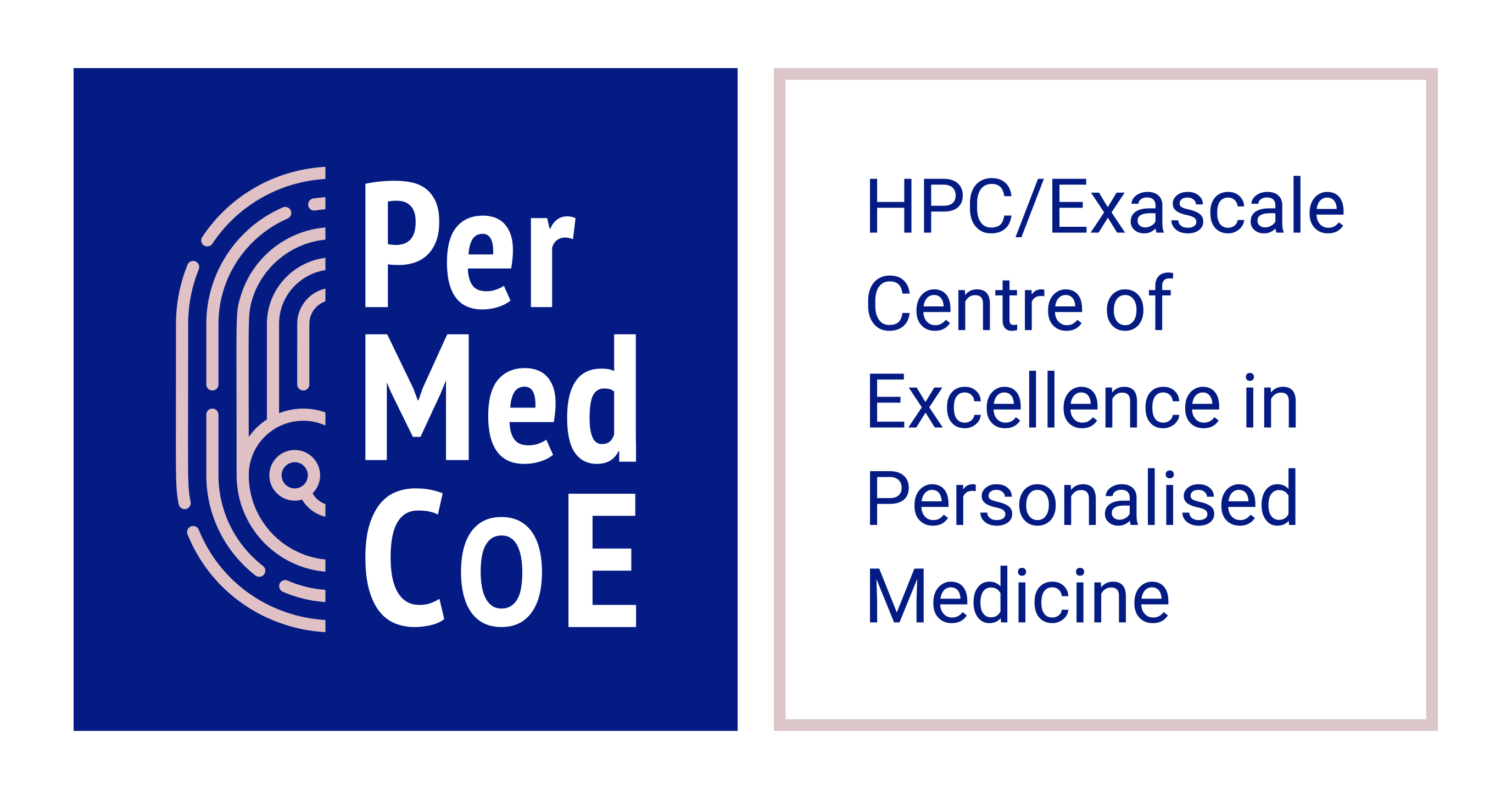Training materials
-
Video
Parameter Scanning and Sampling in COPASI
• beginnerSimulation experiment Modelling and simulation Analysis Visualisation SystemsBiology ComputationalBiology Computational modelling Kinetic modeling COPASI -
Video
Metabolic Control Analysis in COPASI
• beginnerSimulation experiment Systems biology Modelling and simulation Analysis Visualisation SystemsBiology ComputationalBiology Computational modelling Kinetic modeling COPASI -
Video
Steady State Analysis in COPASI
• beginnerSystems biology Computational biology Simulation experiment Modelling and simulation Visualisation -
Video
Time Course Simulation in COPASI
• beginnerSimulation experiment Modelling and simulation Visualisation SystemsBiology ComputationalBiology Computational modelling Kinetic modeling COPASI -
Video
Model Creation using COPASI
• beginnerSimulation experiment Modelling and simulation Visualisation SystemsBiology ComputationalBiology Computational modelling modeling Biomodelling Model Kinetic modeling COPASI -
Video, Training materials, Mock data, E-learning
RDF Schema and Data Visualization
 • beginnerData visualisation Medical informatics FAIR data Data management Computer science Ontology visualisation Visualisation Data retrieval Data handling Query and retrieval Clinical data SPARQL Data visualization RDF Knowledge graph GraphDB Mock data
• beginnerData visualisation Medical informatics FAIR data Data management Computer science Ontology visualisation Visualisation Data retrieval Data handling Query and retrieval Clinical data SPARQL Data visualization RDF Knowledge graph GraphDB Mock data -
Carpentries style curriculum
Introduction to Workflows with Common Workflow Language
• beginnerWorkflows RNA-Seq analysis cwl commonwl sciworkflows workflows -
Tutorial
Tutorial on CARNIVAL
 •• intermediateMolecular interactions, pathways and networks Gene expression Omics RNA-Seq Network analysis RNA-Seq analysis HPC Signaling RNAseq, transcriptomics
•• intermediateMolecular interactions, pathways and networks Gene expression Omics RNA-Seq Network analysis RNA-Seq analysis HPC Signaling RNAseq, transcriptomics -
e-learning
Introduction to Protein Structure Analysis
Visualisation Protein structure visualisation
-
examples, Tutorial, Jupyter notebook, API reference
DE-Sim examples, tutorials, and documentation
••• advancedSimulation experiment Computer science Mathematics Computational biology Modelling and simulation Visualisation data-driven modeling Computational modelling discrete-event simulation DES object-oriented programming Python data visualization Data Science
- 1
- 2